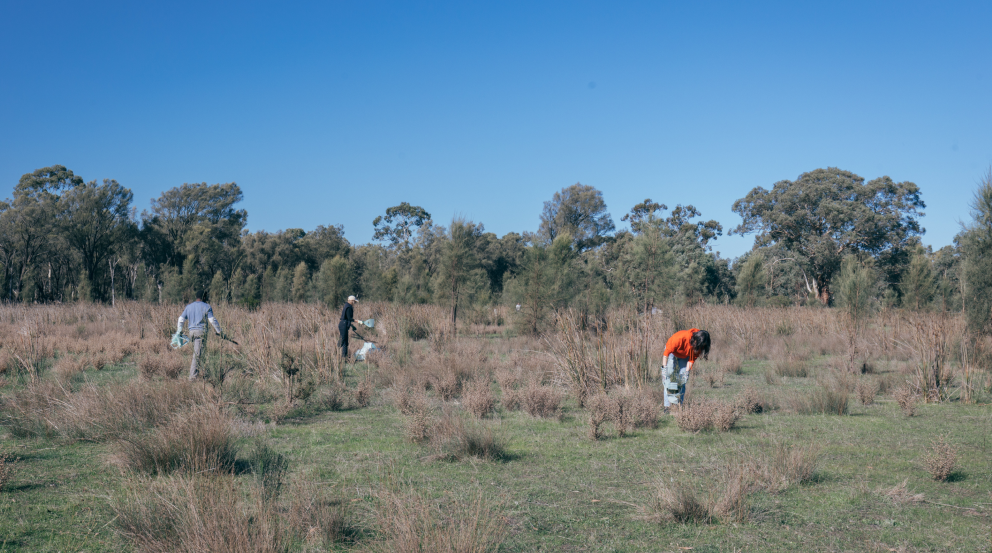When we announced our climate action strategy last year, we promised to keep you updated on the progress we’re making to reach net zero emissions by 2035. Setting an interim emissions reduction target validated by the Science Based Targets initiative is a key step towards achieving our ambitious net zero goal.
“We always knew our commitment to net zero by 2035 would need to be backed up by a nearer-term target, because that shows us the areas we need to focus our efforts on, and how urgently we need to act.” - Sasha Courville, Chief Impact Officer
Our 2030 science-based emissions reduction target – validated by the Science Based Target initiative (SBTi) – is in line with limiting global warming to 1.5 degrees, which experts agree is crucial to avoid the worst impacts of climate change.
We know that our customers care deeply about climate action, so our 2035 net zero target makes us the most ambitious bank in Australia on climate action, and among the most ambitious banks globally. We also became the first bank in Australia to announce we’ll cease loans for new fossil fuel cars by 2025. Now our 2030 target will help keep us on track to net zero.
See the details of our validated 2030 science-based target.
What emissions do we need to reduce to meet our 2030 target?
Largely because our offices already run on 100% renewable electricity, our operations only contribute 2% to our emissions at the moment. We will still keep improving efficiencies and reducing emissions across our operations, including staff transport and waste management. But to meet our target we need to tackle something much more complex: our financed emissions, which includes our home loan portfolio.
The home loans we provide indirectly account for over 90% of our total emissions currently, and under our science-based target we will aim to reduce these emissions by 64% per square metre by 2030 (from a 2021 baseline*). Our target also covers corporate bonds, commercial real estate and corporate loans.
How will we reduce our emissions?
Providing customers with services and products that incentivise sustainable homes and transport is key to our climate action strategy. This includes our clean energy home loans, and working with customers to encourage moving from gas to renewable electricity wherever possible.
What is the SBTi?
The SBTi is a global body enabling businesses to set ambitious targets based on the latest climate science. It’s a collaboration between the Carbon Disclosure Project, the United Nations Global Compact, World Resources Institute and the World Wide Fund for Nature. It’s focused on accelerating companies across the world to halve emissions before 2030 and achieve net-zero emissions before 2050
“Climate change is the number one issue our customers care about and it’s our priority to transparently communicate the steps we’re taking to address the climate crisis. The SBTi’s framework is a credible way to ensure we’re doing the work that needs to be done to keep our actions in line with limiting global warming to 1.5 degrees.” – Sasha Courville
Learn more about our climate action strategy and get more detail on our 2030 validated science-based emissions reduction target.
*2021 base year calculated by Point Advisory as a ‘representative base year’. It considered pre-pandemic levels of operational emissions from Bank Australia and estimated 2021 levels that align with pre-pandemic behaviours, e.g. commuting to work and travelling for work.
%2520(1).webp)







